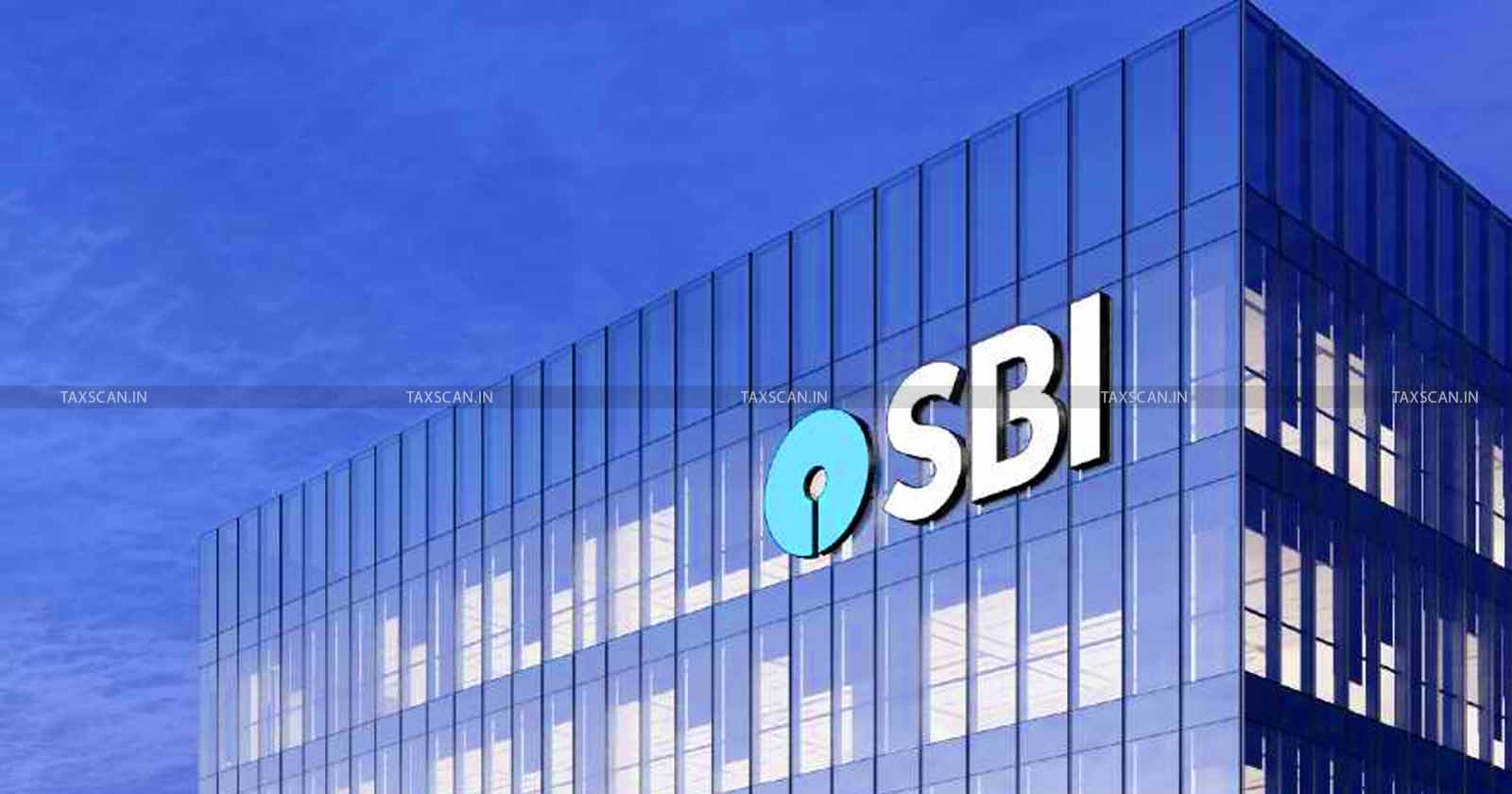Relief to SBI, Disallowing Registration of Sale Certificate and Mutation Dehors Provision of SARFAESI Act: Himachal Pradesh HC [Read Order]
The Secured Creditor will have a First Charge on the Secured Assets where the land building, plant machinery, etc have been mortgaged/hypothecated to a secured creditor under Section 2(zc) to (zf) of SARFAESI Act, 2002

Relief – SBI-Disallowing Registration – Sale Certificate – Mutation – Provision – SARFAESI Act-Himachal Pradesh HC-TAXSCAN
Relief – SBI-Disallowing Registration – Sale Certificate – Mutation – Provision – SARFAESI Act-Himachal Pradesh HC-TAXSCAN
As a relief to the State Bank of India (SBI), the Himachal Pradesh High Court has held that disallowing registration of sale certificates and mutation dehors provision of the Securitisation and Reconstructions of Financial Assets and Enforcement of Security Interest Act (SARFAESI) Act, 2002.
M/s Aradhna Wines had availed various financial assistance/loan facilities from the erstwhile State Bank of Patiala. One of its partners, Mr Anil Dogra, had mortgaged his property by depositing original sale/title deeds with the State Bank of Patiala relating to property measuring 195-27 sq. mts.
Since the loanee had failed to repay the entire loan amount, its accounts were declared as Non-Performing Assets (NPA) and recovery proceedings were initiated under the provisions of the Securitisation and Reconstruction of Financial Assets and Enforcement of Security Interest 2002 (SRFAESI Act).
Notices under Sections 13(2) and 13(4) of the SRFAESI Act were issued, yet the loanee failed to repay the amount. On 22.02.2017 vide Notification No. G.S.R. 159(E), the State Bank of Patiala was acquired by the State Bank of India (petitioner herein) under Section 35 of the State Bank of India Act, 1955 on and with effect from 1.4.2017 with all the assets, liabilities, properties, employees etc. On 27.5.2017 respondent No.2-Excise Department entered its charge over the property in question vide rapat No. 484 dated 27.5.2017.
The petitioner-bank auctioned the property mortgaged with it and thereafter on 2.11.2022 issued a Sale Certificate in favour of the successful bidder i.e proforma respondent No.4. The petitioner-bank thereafter wrote various letters to the Excise Department to remove the aforesaid lien, but to no avail.
Respondent No.3 also refused to register the Sale Certificate in favour of the successful bidder constraining the petitioner-Bank to file the instant petition to direct the respondents to remove Rapat No. 484 dated 27-05-2017 against property measuring 195-27 sq. mts. out of the land as the same is illegal and wrong, as said property is Secured Asset of petitioner bank and as per Section 26 E of The Securitisation and Reconstructions of Financial Assets and Enforcement of Security Interest Act 2002.
It was further averred that to meet the liability accrued under the statute for the year 2014-15, Anil Kumar Dogra had submitted five cheques, total amounting to Rs.3,68,52,921/- on account of payment of outstanding dues, licence fees etc., but when these cheques were sent for clearance to the petitioner-bank, the same was dishonoured and received back in the Bank on 23.2.2016 due to insufficient funds. Thereafter a complaint was filed before the Magistrate.
Apparently, the petitioner-Bank is the secured creditor and has created the first charge over the property in question as far as back in the year 2008 and thereafter in 2012 as against the charge created by the Excise Department in the year 2017 and, therefore, has the first right to realize its dues.
Moreover, section 35 of the SARFAESI Act, 2002 inter alia, provides that the provisions of the SARFAESI Act shall have overriding effect on all other laws. It is further pertinent to note that even the provisions contained in Section 11E of the Central Excise Act, 1944 are subject to the provisions contained in the SARFAESI Act, 2002.
While deciding an issue regarding the overriding effect of Section 26-E (came into force w.e.f. 1.9.2016) of the SARFAESI Act vis-a-vis the provision of Section 26 of the HP VAT Act 2005, this Court held in CWP No 1638 of 2017, titled as PNB Versus State of Himachal Pradesh and others, decided on 19.05.2021, that the provisions of Section 26 E of the Act shall override the rights of others to recover the outstanding liability of taxes dues etc on the mortgaged/charged property from the original owner etc.
A division bench of Justice Tarlok Singh Chauhan and Justice Satyen Vaidya observed that in the event like in the present case, where the land building, plant machinery, etc have been mortgaged/hypothecated to a secured creditor, having regard to the provision contained in Section 2(zc) to (zf) of SARFAESI Act, 2002, read with provisions contained in Section 13 of the SARFAESI ACT, 2002, the Secured Creditor will have a First Charge on the Secured Assets. Moreover, Section 35 of the SARFAESI Act, 2002 inter alia, provides that the provisions of the SARFAESI Act shall have an overriding effect on all other laws. It is further pertinent to note that even the provisions contained in Section 11E of the Central Excise Act, 1944 are subject to the provisions contained in the SARFAESI Act, 2002. The Court allowed the instant petition.
To Read the full text of the Order CLICK HERE
Support our journalism by subscribing to Taxscan premium. Follow us on Telegram for quick updates


